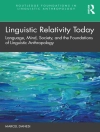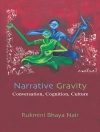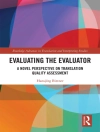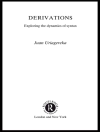Can normative words like "good, " "ought, " and "reason" be defined in entirely non-normative terms? Confusion of Tongues argues that they can, advancing a new End-Relational theory of the meaning of this language as providing the best explanation of the many different ways it is ordinarily used. Philosophers widely maintain that analyzing normative language as describing facts about relations cannot account for special features of particularly moral and deliberative uses of normative language, but Stephen Finlay argues that the End-Relational theory systematically explains these on the basis of a single fundamental principle of conversational pragmatics. These challenges comprise the central problems of metaethics, including the connection between normative judgment and motivation, the categorical character of morality, the nature of intrinsic value, and the possibility of normative disagreement. Finlay’s linguistic analysis has deep implications for the metaphysics, epistemology, and psychology of morality, as well as for the nature and possibility of normative ethical theory. Most significantly it supplies a nuanced answer to the ancient Euthyphro Question of whether we desire things because we judge them good, or vice versa. Normative speech and thought may ultimately be just a manifestation of our nature as intelligent animals motivated by contingent desires for various conflicting ends.
Stephen Finlay
Confusion of Tongues [PDF ebook]
A Theory of Normative Language
Confusion of Tongues [PDF ebook]
A Theory of Normative Language
购买此电子书可免费获赠一本!
语言 英语 ● 格式 PDF ● 网页 288 ● ISBN 9780199347506 ● 出版者 Oxford University Press ● 发布时间 2014 ● 下载 6 时 ● 货币 EUR ● ID 3188688 ● 复制保护 Adobe DRM
需要具备DRM功能的电子书阅读器












